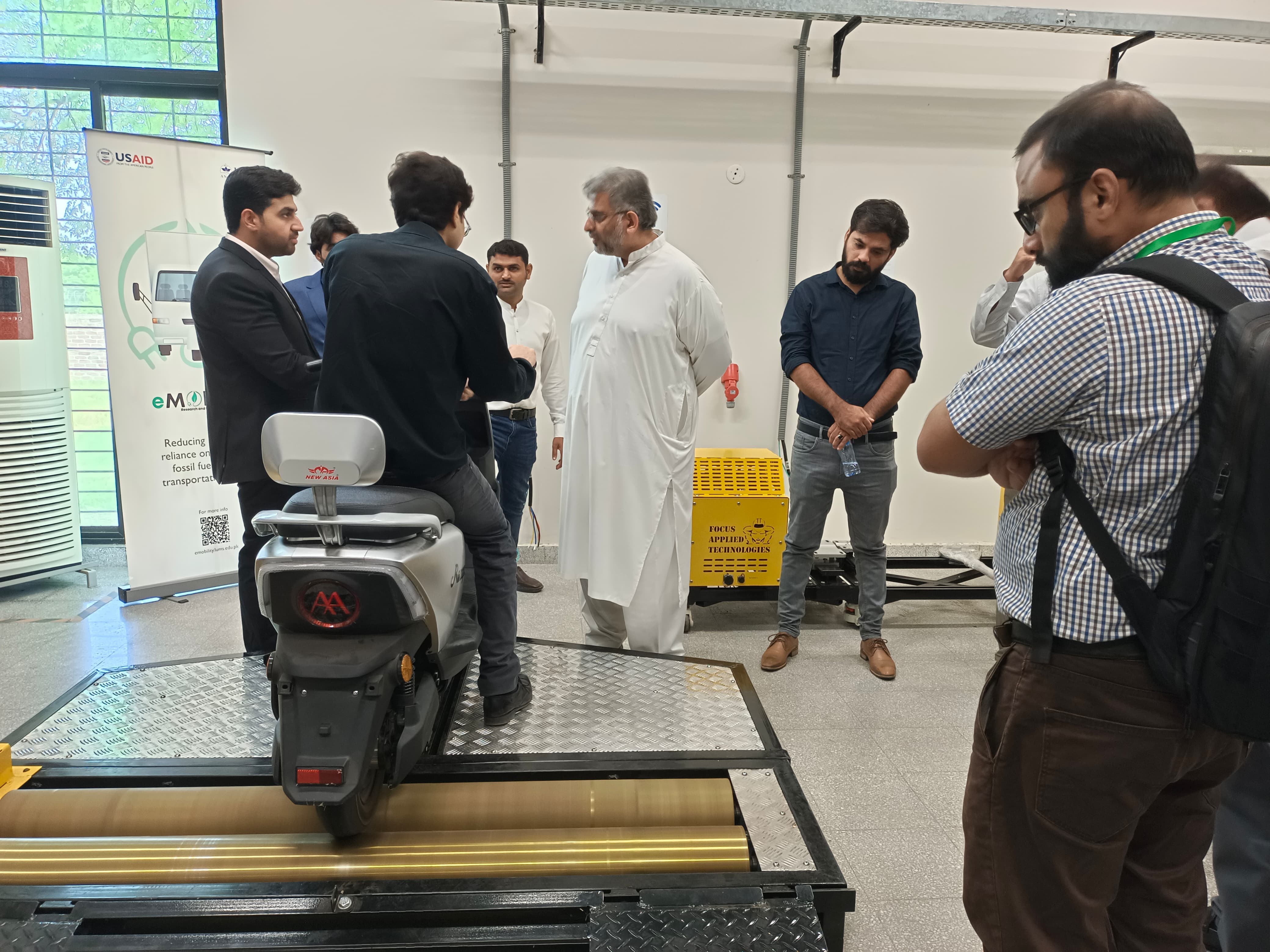Our Trainings & Programs

Structured and customized Professional Development Program (PDP) for fresh inductees in the power sector entities
The comprehensive 12-month program covered a wide range of subjects, providing participants with in-depth exposure to every aspect of the electric utility business. It was designed to offer an in-depth understanding and ensured that participants gained insights into key functions. Through practical training, the program helped the individuals develop the skills needed to address the challenges of the evolving sustainable energy sector.
Continuous Development Program (CDP) for middle management and senior management personnel
Trained professionals regularly return to PSCE to enhance their knowledge through tailored programs. These customized courses with carefully developed curriculum are developed based on the needs of participants and industry requirements, ensuring that they remain up to date with the latest advancements in their field. By providing targeted training, PSCE ensures that all the participants continue to grow and contribute to their respective organizations.


Train the Trainers
Training under this program was conducted with support of faculty from public universities, with plans to later involve private universities as well. Partnerships with universities helped share access to resources and encourage collaboration, with a long-term focus to support long-term goals. The program was also involved in setting up satellite facilities in universities across the country to help expand the reach of PSCE. This promoted knowledge sharing nationwide, and across diverse communities, helping create new income opportunities for universities while expanding research and Ph.D. programs.
Electricity Market Program
The training was designed to help participants understand all aspects of electricity generation from licensing to procurement. It included the detailed design, policy, acts, licenses and codes. The training program aimed to provide participants with a comprehensive understanding of electricity generation. It covered focus areas including licensing, procurement, and the design processes involved. Additionally, the training addressed relevant policies, legislative acts, necessary licenses, and regulatory codes. By the end of the program, participants gained valuable insights into the entire electricity generation landscape, equipping them with the knowledge necessary to navigate the complexities of the industry effectively.


Competitive Trading Bilateral Contract (CTBCM) Program
The program focused on electricity market deregulation and the impact created by it on the grid infrastructure of the respective country. With the help of deregulation, competition will drive energy efficiency and innovation. The benefits of such a system will pass onto the consumers, who will be able to select their electricity service providers on basis of lower price.
Forecasting Training
The training equipped participants with the skills to make informed decisions about investments by analysing variables such as supply trends, grid infrastructure maintenance, power generation management, and load demand over extended periods. These helped trainees understand how to plan for the future of energy systems and manage resources effectively over several decades.
Additionally, short-term load forecasting training taught participants how to schedule energy production, manage daily operations, plan for spare capacity, and optimize management strategies. This comprehensive approach helped trainees develop essential skills for both immediate and long-term energy system planning and decision-making.


Generation Planning
The training program provided participants with insights into planning electricity generation using various technologies. Known as power generation planning, this process is divided into long-term, medium-term, and short-term phases. The training highlighted key aspects such as budgeting, optimizing energy portfolios, and managing fuel procurement effectively.
Participants learned how to create a framework for short-term generation planning and develop strategies based on projected energy demand. By understanding these concepts, they were better equipped to create comprehensive power generation plans that align with load requirements and ensure efficient resource management across different timeframes in the energy production process.
Transmission Planning
The training program provided participants with a comprehensive understanding of how to plan the transfer of electricity from generation sites to the respective load center effectively. Participants learned how to evaluate various energy alternatives that could best utilize the transmission system in a cost-effective manner.
The training also covered essential considerations such as environmental and societal concerns, emphasizing the importance of balancing efficiency and sustainability in transmission planning. By the end of the program, participants were equipped with the knowledge and tools to optimize energy transmission systems while addressing environmental challenges in their decision-making processes.


Battery Testing Workshop
The workshops aimed to educate participants on testing EV batteries and motors, focusing on developing local technical skills. They provide detailed training to enhance understanding of EV technology, crucial due to the rapid advancement in the field. By offering in-depth knowledge, the workshops help professionals build expertise in EV battery and motor testing, fostering a skilled workforce for Pakistan’s growing EV industry.
Motor Testing Workshop
The Motor Testing Equipment Orientation was conducted by the eMobility R&D Center, an affiliate of the LUMS Energy Institute (LEI). Participants were introduced to key equipment, including the chassis dynamometer, which measures complete vehicle performance, and the differential dynamometer for individual component testing. The team also led a facility tour, providing an overview of the testing capabilities available. This session was organized to help familiarize participants with the equipment used for electric vehicle testing and research at the center.

